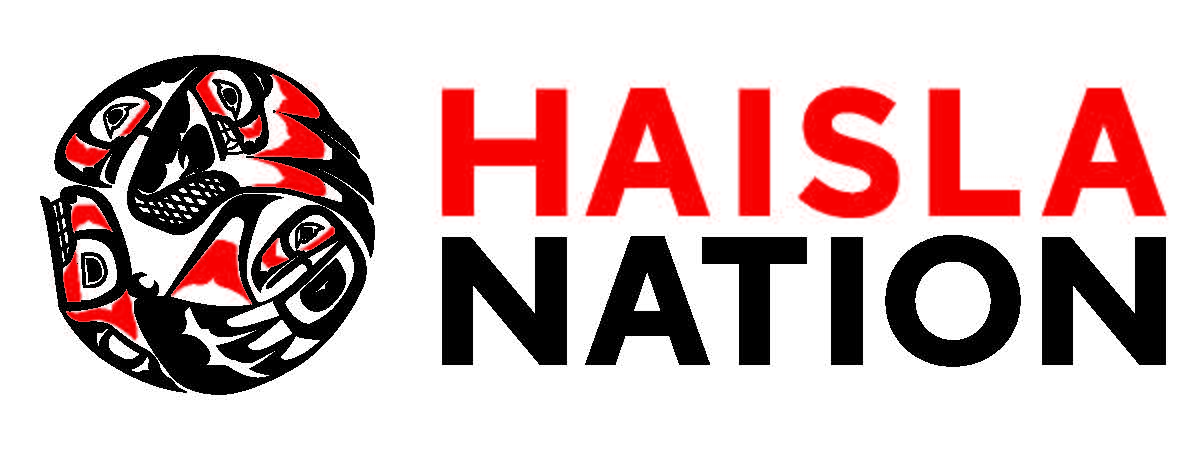The Environment Program is committed to the preservation, restoration, and sustainable management of the natural environment within Haisla Nation territory. Through environmental stewardship, liaison efforts, recycling, and climate action initiatives, the program ensures the protection of Haisla lands, waters, and resources for the well-being of current and future generations.
Environmental Stewardship
Develop and implement programs to protect and restore ecosystems and biodiversity.
Monitor and mitigate environmental impacts from development activities.
Educate and involve the Haisla community in stewardship efforts.
Environmental Liaison
Serve as a point of contact between the Haisla Nation and project proponents, ensuring that developments align with Haisla environmental values and priorities.
Advocate for the inclusion of Haisla perspectives in environmental assessments and decision-making processes.
Recycling Initiatives
Establish and maintain comprehensive recycling programs to reduce waste and promote sustainability within the Haisla community.
Raise awareness and provide education on the importance of waste reduction and proper recycling practices.
Climate Action Initiatives
Develop strategies to address and adapt to the impacts of climate change on Haisla lands and resources.
Promote renewable energy, energy efficiency, and other sustainable practices to reduce the Nation’s carbon footprint.
Collaborate with internal and external stakeholders to advance climate resilience.
